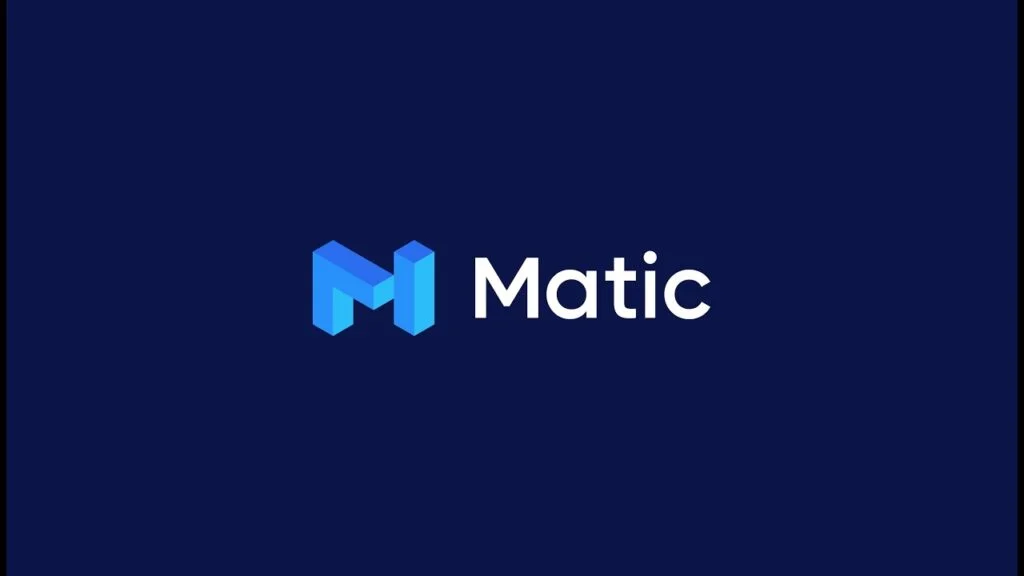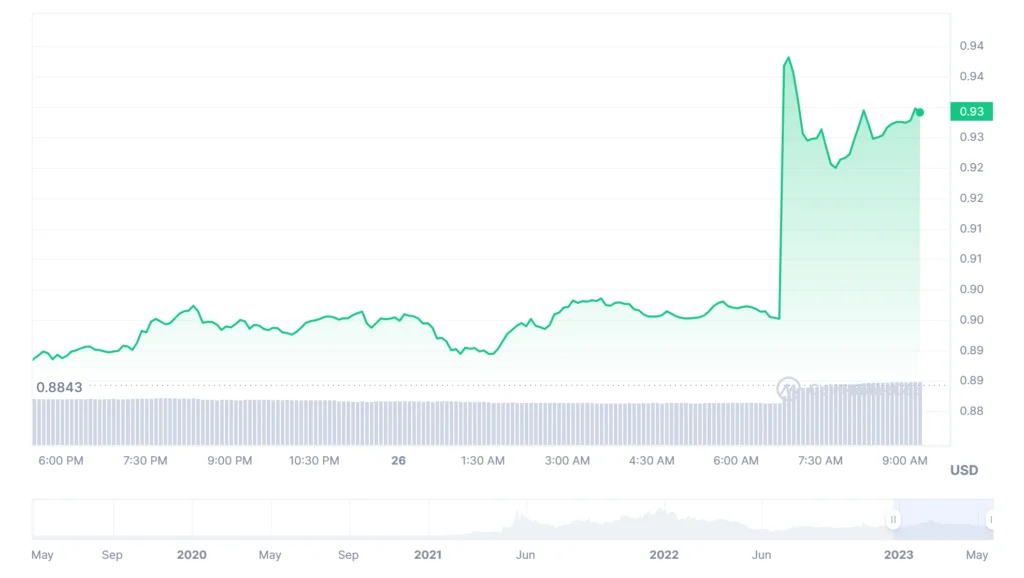MATIC, the native token of Polygon, has recovered from its recent decline and surpassed important resistance levels, indicating a possible bullish trend.

MATIC, a scaling solution for Ethereum, has shown signs of recovery after a period of decline. The price of MATIC has risen above key resistance levels, hinting at a potential bullish trend.
Over the last few days, MATIC’s price has dropped significantly below the $1.00 threshold. The price dipped below the crucial $0.900 support level, entering a bearish zone.
However, the situation has changed as a recovery surge is gaining momentum, mirroring the movements of popular cryptocurrencies like Bitcoin and Ethereum.
One positive development is the break above a significant bearish trend line, which held resistance near $0.880 on the 4-hour MATIC/USD chart.
This development indicates a potential shift in momentum. Furthermore, the price surpassed the 23.6% Fibonacci retracement level, calculated from the downward move between the $1.017 swing high and the $0.8206 low.
Potential Hurdles and Opportunities
MATIC is currently trading above $0.85 and well-positioned above the 100 simple moving average (4 hours). The next challenge lies at the $0.90 resistance zone. If the price manages to overcome this hurdle, it could continue its recovery trajectory.
A significant resistance awaits at $0.95, marked by the 61.8% Fibonacci retracement level.
However, if the price fails to surpass the $0.90 resistance level, it could face a fresh round of selling pressure. Immediate support awaits at $0.88, with the primary support at $0.865.
A breach below this level may open the doors for further decline, potentially leading the price toward $0.82. The subsequent primary support level sits at $0.80.
MATIC’s recent price movements have demonstrated a recovery attempt after a period of decline. The successful break above resistance levels and the emergence of a bullish trend line provide hope for further upside potential.
Many decentralized applications (dApps) are attracted to Polygon because of its scalability and interoperability. Aavegotchi, Decentraland, QuickSwap, and SushiSwap are well-known dApps that run on Polygon.

